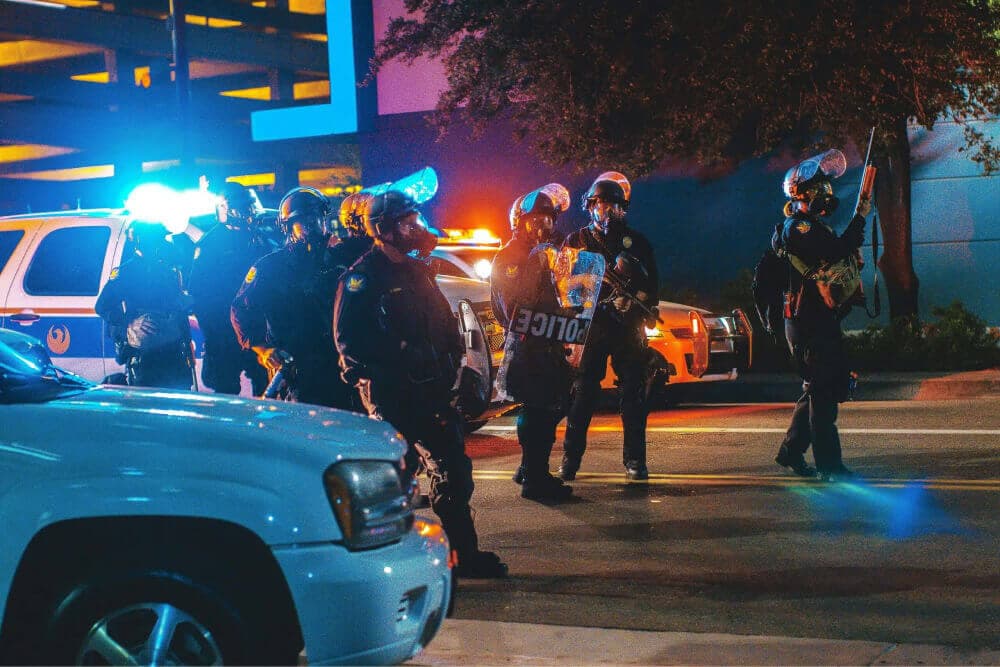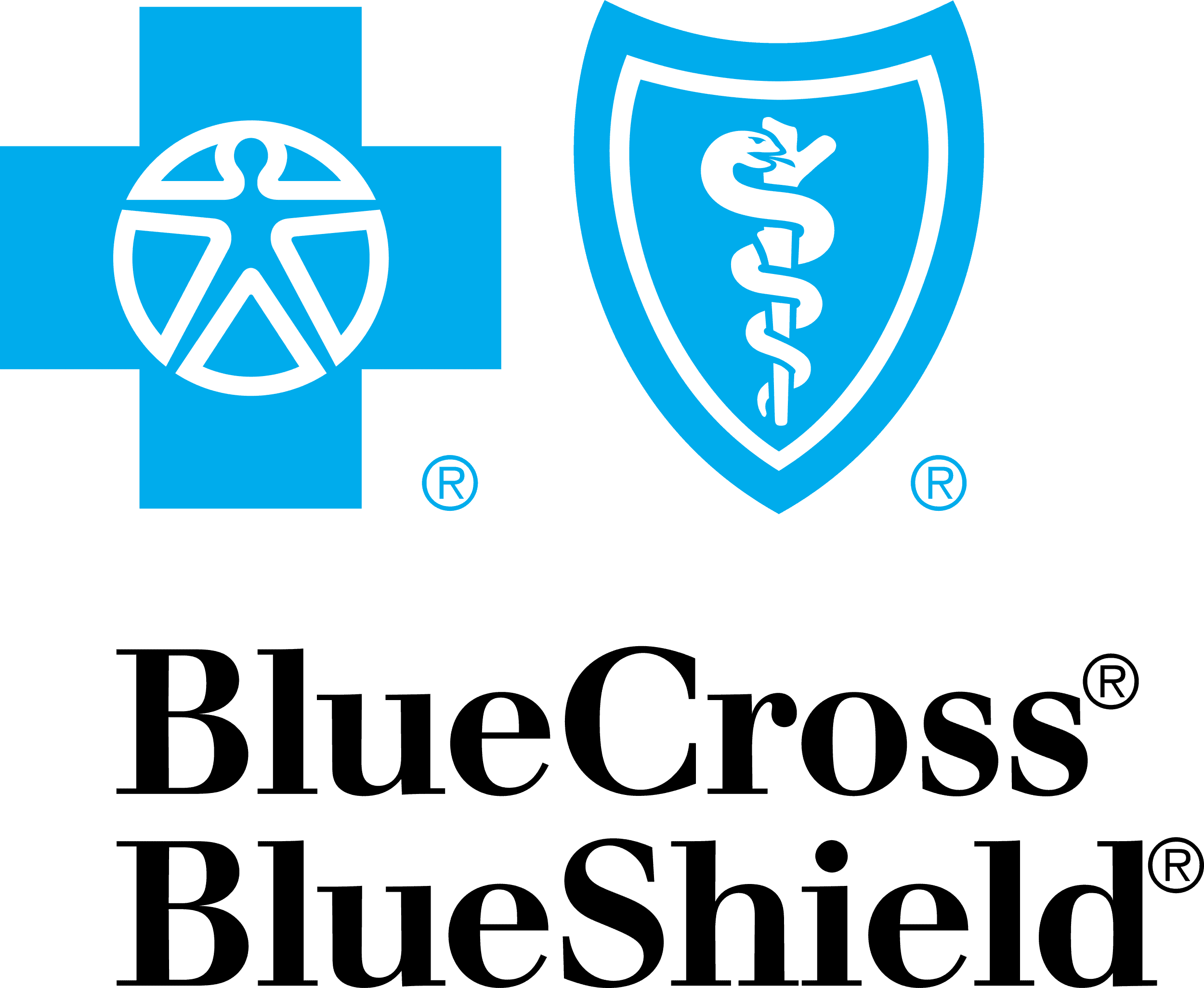
How to find the best first responders Mental Health Rehab
On the frontlines, first responders are constantly exposed to trauma and distress. While these professionals work tirelessly to keep communities safe, they may also be at risk of developing Mental Health Issues in response to the emotional toll of their work. South Florida Mental Health Rehab Centers for first responders are specifically tailored to help first responders with Mental Health Issues.
These highly specialized facilities can assist in treating and managing these difficult circumstances so that the affected individuals may live healthier lives moving forward.
Who We Help
Who Are First Responders?
First responders are individuals who respond to emergency situations. This might include:
As such, first responders are frequently exposed to traumatic events and can develop mental health concerns due to their jobs.
Statistics on First Responder
According to a study by the Substance Abuse and Mental Health Services Administration (SAMHSA), first responders have higher rates of alcohol abuse than the general population. The study found that 21 percent of firefighters and 11 percent of police officers reported heavy alcohol use compared to 7 percent of adults in the general population.
In addition, a survey by the International Association of Fire Fighters found that nearly 30 percent of firefighters reported using prescription sleep medications without a prescription, compared to just over 15 percent of the general population.
What Are The Risk Factors That Contribute To First Responder Mental Health?
The high-stress nature of first responder work can increase the risk of mental health problems. Exposure to traumatic events such as accidents, violence, or death can lead to depression, anxiety, and post-traumatic stress disorder (PTSD). These conditions can contribute to mental health problems as individuals turn to drugs or alcohol as a coping mechanism.
Other factors that may contribute to mental health problems among first responders include:
- Extended Hours: Long shifts and overtime can lead to fatigue, increasing the risk for issues.
- Lack of Support from Colleagues or Superiors: First responders may not have adequate emotional or mental health support from their peers or supervisors, leading to feelings of isolation.
- Easy Access to Prescription Medications: In some cases, first responders may have easy drug access through work. This could include prescription painkillers or other controlled substances used for medical purposes.
- The Stigma Surrounding Mental Health Issues: In some cases, first responders may feel a stigma around seeking treatment for mental health issues, which can contribute to their problems.
Recognizing the signs of mental health problems is critical for first responders struggling with issues. Some common signs include:
Our Treatment Services
What Are The Long-Term Effects Of Mental Health On First Responders?
The long-term effects of mental health can be physically and mentally damaging. It is essential to take action if you or someone you know is struggling with mental health. Some long-term health risks include:
- Liver disease caused by heavy drinking
- Heart problems from excessive use of stimulants like cocaine or amphetamine drugs
- Damage to the brain and nervous system due to alcohol, opioids, and other drugs
- Mental health issues such as depression, anxiety, and paranoia
- Impaired judgment and decision-making
- Memory loss and difficulty concentrating
- Increased risk of accidents due to impaired coordination and reaction times
- Social isolation caused by the stigma associated with mental health problems
Taking steps toward recovery can help mitigate these long-term effects and provide a more positive outlook for the future.
It only takes a minute for the journey to start.
How Can You Find First Responder’s Mental Health Treatment In South Florida?
Many resources are available to help first responders find treatment for their problems. These resources include:
- Local mental health treatment centers
- Online directories of mental health treatment providers
- Mental health and counseling services for first responders
- Support groups specifically for first responders
- Employee assistance programs through employers or unions
- Community-based organizations providing education, resources, and referrals
How Can South Florida Mental Health Rehab Centers Help First Responders With Problems?
South Florida Mental Health Rehab Centers for first responders provide specialized treatment that considers these individuals’ unique challenges. Treatment options for first responders with Mental Health Issues may include:
- Psychotherapy includes cognitive-behavioral therapy (CBT) and dialectical behavior therapy (DBT). This can help individuals identify triggers for substance use and develop healthier coping skills.
- Group therapy provides a supportive network of peers and allows first responders to connect with others who have similar experiences.
- Trauma-informed care takes into account the unique trauma that many first responders experience. This includes therapies such as eye movement desensitization reprocessing (EMDR) or EMDR therapy.
- Inpatient rehab programs provide a safe and supportive environment for individuals to focus on their recovery.
- Outpatient therapy or counseling allows individuals to receive treatment while living at home or work.
- Medication-assisted treatment (MAT) combines medications such as buprenorphine or methadone with counseling. This approach helps reduce cravings and withdrawal symptoms associated with opioid problems.
- Aftercare programs provide ongoing support after a stay in a treatment center. This includes regular counseling, group therapy, and other recovery activities.
- Support groups like Alcoholics Anonymous or Narcotics Anonymous provide a safe space for individuals to share their experiences with issues.
How Can We Support First Responders That Have Mental Health Issues?
Employers and colleagues must support those seeking help for Mental Health Issues. Many agencies offer employee assistance programs (EAPs) that provide confidential counseling services and referrals for treatment.
- Talk openly and honestly about mental health and the support available.
- Create a safe space for first responders to share their experiences with mental health.
- Avoid judgment or criticism, as this can damage someone in recovery.
- Educate yourself on helpful resources and encourage those in need to seek help.
- Be understanding of the unique challenges that first responders face.
- Offer support and understanding during treatment, recovery, and relapse prevention.
- Encourage healthy behaviors by providing nutrition counseling and physical activity options.
Overall, creating a supportive environment for those struggling with Mental Health Issues is essential. By offering encouragement and understanding, we can help first responders on their journey to recovery.
Reign Recovery Center Is A South Florida Mental Health Rehab Center For First Responders
First responders are vital to our communities and deserve support when facing Mental Health Issues. Many resources, including the Reign Recovery Center, are available to help them with the treatment they need. We understand the unique challenges that first responders face and are committed to helping them find their path to recovery.
Contact us today for more information about how our South Florida mental health treatment center for first responders can help you or your loved one on their journey to recovery!

Helpline available 24/7
Get the Help You Need Right Now
We aim to help everyone who contacts us. Whether our program makes sense for you or not, we will help you find the best treatment options that work best for your personal needs.
















